Tharaka Samarasinghe
Device-Free User Authentication, Activity Classification and Tracking using Passive Wi-Fi Sensing: A Deep Learning Based Approach
Nov 26, 2019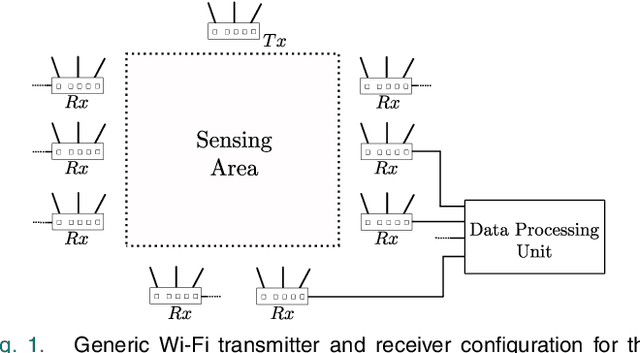

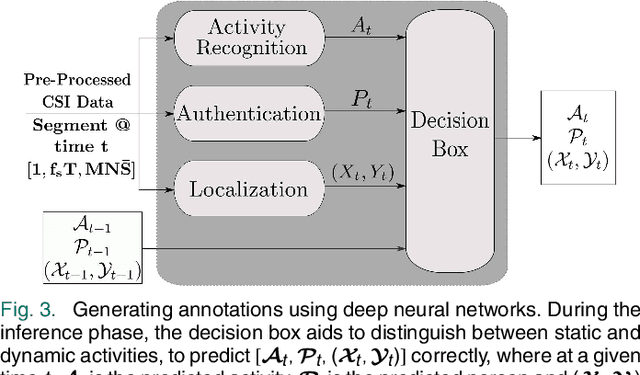
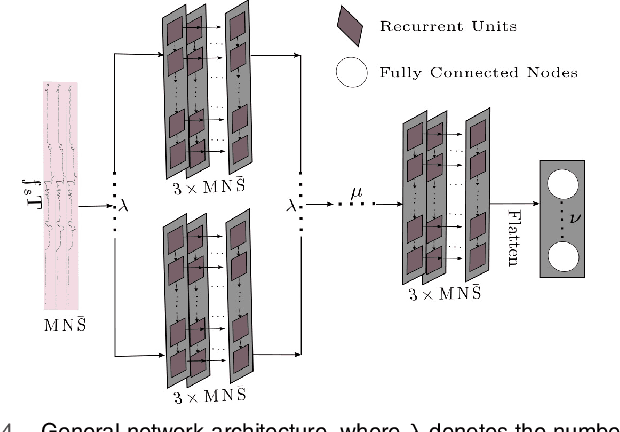
Abstract:Privacy issues related to video camera feeds have led to a growing need for suitable alternatives that provide functionalities such as user authentication, activity classification and tracking in a noninvasive manner. Existing infrastructure makes Wi-Fi a possible candidate, yet, utilizing traditional signal processing methods to extract information necessary to fully characterize an event by sensing weak ambient Wi-Fi signals is deemed to be challenging. This paper introduces a novel end to-end deep learning framework that simultaneously predicts the identity, activity and the location of a user to create user profiles similar to the information provided through a video camera. The system is fully autonomous and requires zero user intervention unlike systems that require user-initiated initialization, or a user held transmitting device to facilitate the prediction. The system can also predict the trajectory of the user by predicting the location of a user over consecutive time steps. The performance of the system is evaluated through experiments.
Temporal Convolutional Memory Networks for Remaining Useful Life Estimation of Industrial Machinery
Oct 12, 2018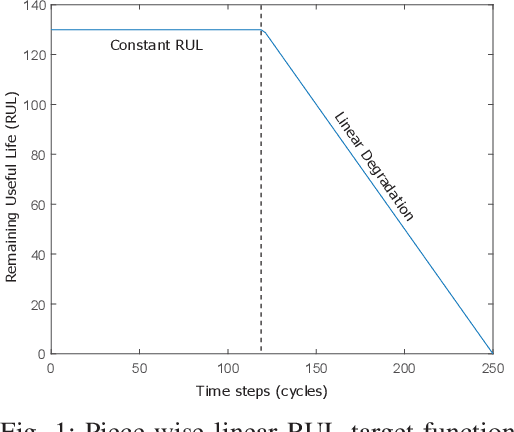
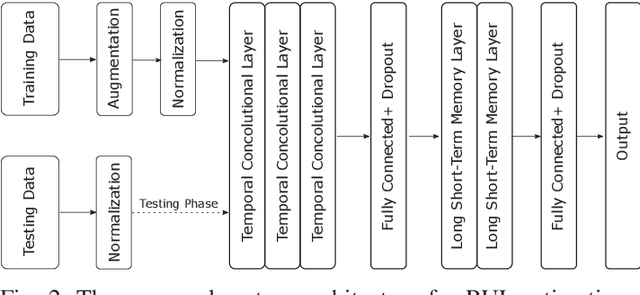
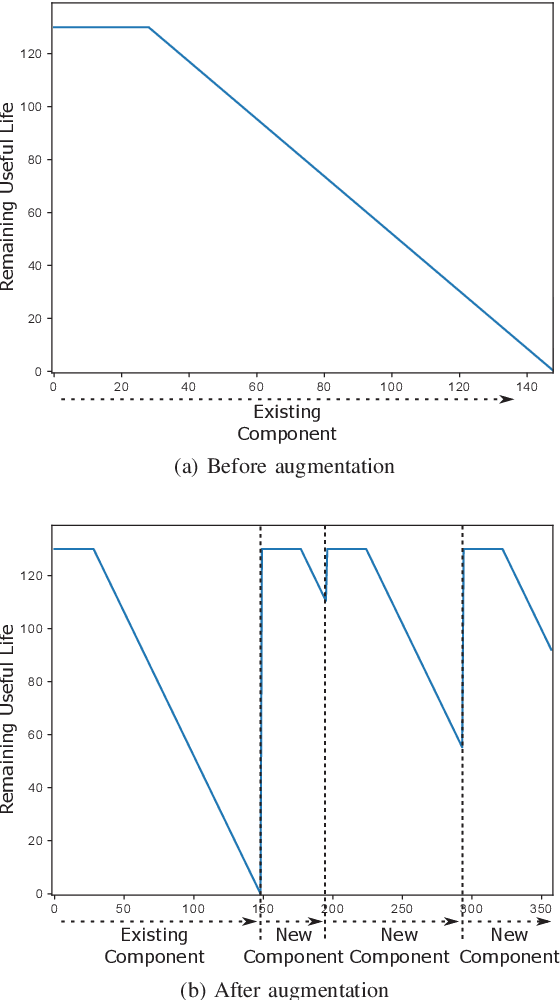
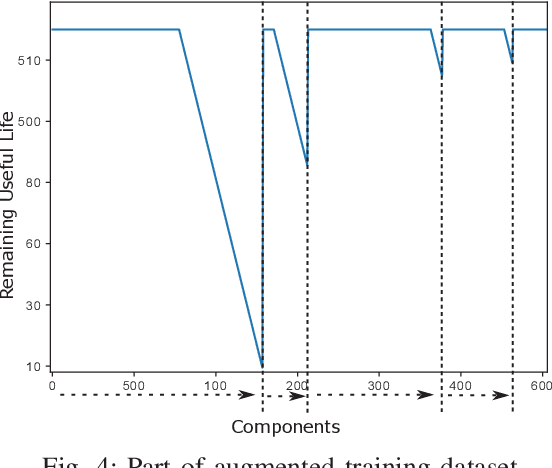
Abstract:Accurately estimating the remaining useful life (RUL) of industrial machinery is beneficial in many real-world applications. Estimation techniques have mainly utilized linear models or neural network based approaches with a focus on short term time dependencies. This paper introduces a system model that incorporates temporal convolutions with both long term and short term time dependencies. The proposed network learns salient features and complex temporal variations in sensor values, and predicts the RUL. A data augmentation method is used for increased accuracy. The proposed method is compared with several state-of-the-art algorithms on publicly available datasets. It demonstrates promising results, with superior results for datasets obtained from complex environments.
 Add to Chrome
Add to Chrome Add to Firefox
Add to Firefox Add to Edge
Add to Edge